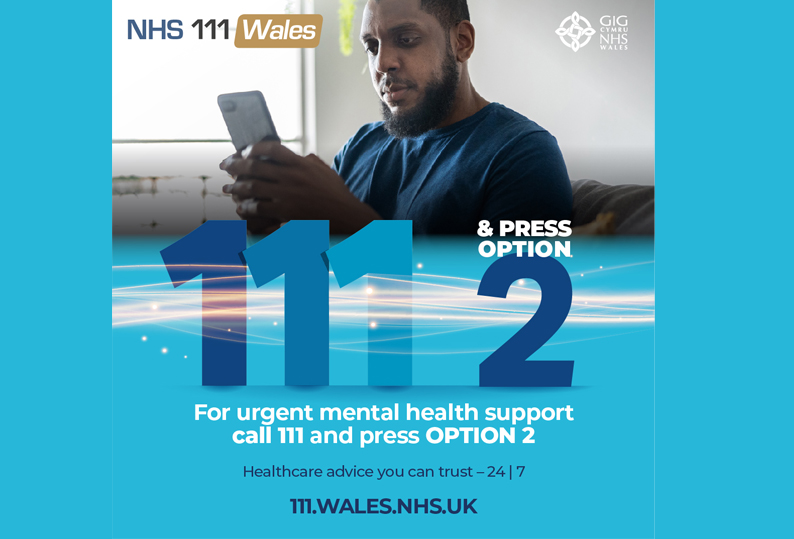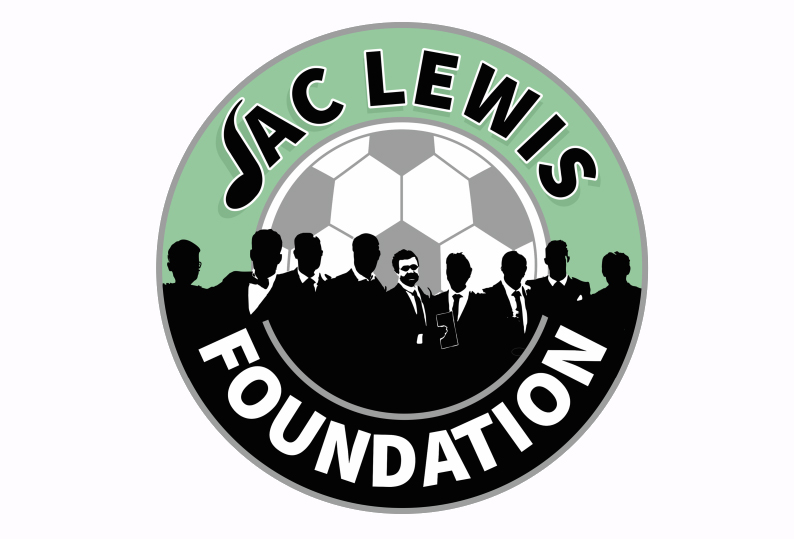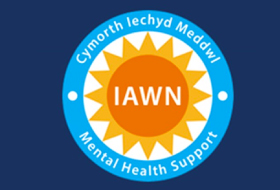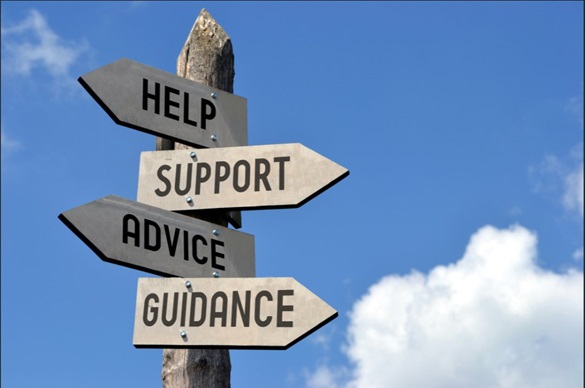Mental Health
Page updated on: 18/11/2024
Looking after your mental well-being is as important as keeping physically fit and well. Poor mental health can affect you, your family, your friendships and other aspects in your life such as your job. One in four people will experience a mental health problem at some time in their lives, and one in six people will suffer from a severe enduring mental health illness. Everyone can make significant steps to regain or improve their mental health and achieve a better quality of life.
You can contact:
- NHS 111 Wales: By dialling 111 and pressing option 2, you can speak with a qualified mental health practitioner who can listen, give advice, and direct you to other community services. Everyone can access telephone support by contacting NHS 111 Wales.
- Delta Well-Being: They provide information, advice, and assistance about mental health services in the community. You can contact them by phone 0300 333 2222 or via an online referral form
- Your GP: Your doctor can discus different treatment options with you and can refer you to relevant services.
There are a number of services that can support you with your mental health needs. These are outlined below.
You may be signposted to The Well-being Service, which is an early help and preventative service that provides mental health support to adults and their carers across Carmarthenshire. This service will support you with your mental health by connecting you with preventative services or other support in your community or by undertaking an assessment under the Social Services Well- Being (Wales) 2014 Act. The service can offer support to avoid you reaching crisis point. The range of support that can be offered includes the following:
- Information, Advice, and Assistance
- Emotional & Practical Support
- Financial, Debt Management, and Housing Support
- Signposts to Community-based Resources
The service aims to improve your resilience and overall quality of life. It collaborates with various agencies and such as GPs , Housing, DWP, Probation, Police, Health Board, Social Services and other Council Services and has strong links with the third sector such as Mind, WWAMH, Food Banks, Citizen Advice. This collaborative and holistic approach helps address any social stressors and ensures comprehensive care. The service is inclusive and aims to provide timely and appropriate support to meet the diverse needs of the community.
The service consists of social workers and social work assistants. A member of the team will speak to you and you may be allocated a Social Worker or Social Work Assistant. If you are allocated, a worker they will work with you to achieve your goals under the Social Services and Well-being (Wales) Act 2014 legislation.
Only GPs can refer you to other services, such as:
- Primary Mental Health Team: This service is for people with common, mild to moderate mental health problems such as anxiety, depression, and stress. It is available in the community and is run by Hywel Dda Health Board. The team offers services such as mental health assessment, advice, support, signposting to other services, stress management courses, and a range of psychological interventions.
- Community Mental Health Team: If the GP feels that your mental health is moderate to severe and you may be best assessed by specialist mental health practitioners, they can refer you to a Community Mental Health Team. These teams are run jointly by Adult Social Care teams and Hywel Dda Health Board. The team supports adults (18+) and includes Mental Health Social Workers, Community Psychiatric Nurses, Consultant Psychiatrists, Clinical Psychologists, Occupational Therapists and Support Staff. After being referred, you maybe offered an Assessment.
During an assessment, we will visit you to talk about your current situation, history, and future hopes and plans. In most cases you can have someone present to support you through the assessment, such as a family member or friend. If you do not have someone but do not want to be alone, we can help you identify someone to support you. The assessment will then be shared with other professionals to consider your situation and make suggestions on the best way to help and support you. In some cases, you may be offered further appointments to review your mental health/medication or may be allocated a care coordinator.
The Care Coordinator will work with you to create a Care and Treatment Plan. A Care and Treatment Plan is for individuals receiving secondary mental health services under The Mental Health (Wales) Measure (2010). Secondary mental health services provide specialized support and treatment for people with more complex or severe mental health needs. The Care and Treatment Plan outlines the care and treatment that you will receive to support your mental health recovery. It is intended to be outcome-focused, giving you the opportunity to set goals in all areas of your life, including accommodation, education and training, money, parenting or caring relationships, work, physical well-being, and social, cultural, or spiritual needs. By working together with the Care Coordinator, this will enable you to take more control of your own recovery. The plan is regularly reviewed to ensure it remains relevant and effective.
The Care Coordinator will work with you to create a Care and Treatment Plan. A Care and Treatment Plan is for individuals receiving secondary mental health services under The Mental Health (Wales) Measure (2010). Secondary mental health services provide specialized support and treatment for people with more complex or severe mental health needs. The Care and Treatment Plan outlines the care and treatment that you will receive to support your mental health recovery. It is intended to be outcome-focused, giving you the opportunity to set goals in all areas of your life, including accommodation, education and training, money, parenting or caring relationships, work, physical well-being, and social, cultural, or spiritual needs. By working together with the Care Coordinator, this will enable you to take more control of your own recovery. The plan is regularly reviewed to ensure it remains relevant and effective.
We will review your Care and Treatment Plan and together agree on a discharge plan. The Community Mental Health Team works collaboratively with local support services to ensure your recovery is maintained. If you become unwell following discharge, you will be able to refer yourself back to the Community Mental Health Team within three years of the date of your discharge, or you can visit your doctor.












